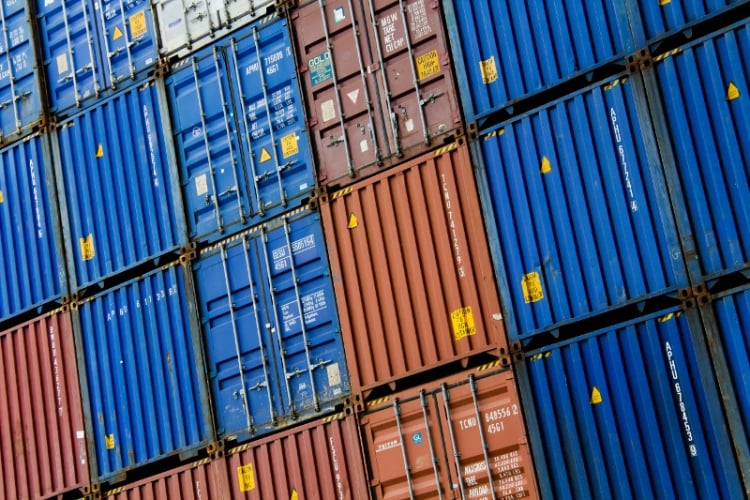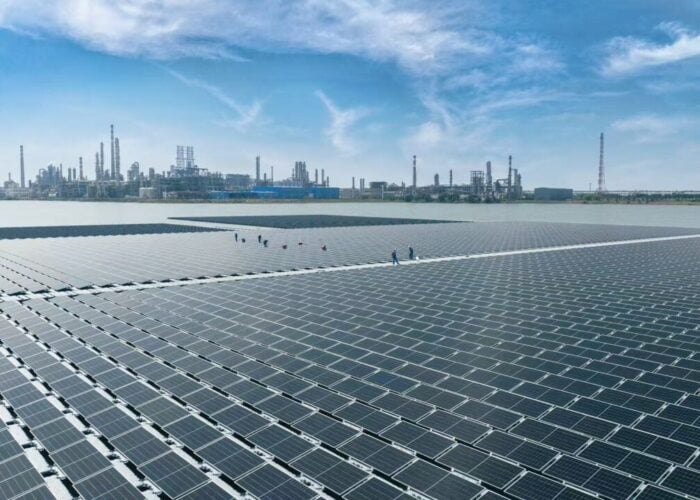
Auxin Solar has asked the US Department of Commerce to investigate whether Southeast Asia-based companies are circumventing US anti-dumping and countervailing duty (AD/CVD) orders on cells and modules from China.
California-based module manufacturer Auxin has requested that Commerce carry out anti-circumvention inquiries into assemblers of crystalline silicon PV (CSPV) cells and modules in Malaysia, Thailand, Vietnam and Cambodia that it alleges use affiliated Chinese input suppliers and a fully integrated Chinese supply chain to circumvent the orders.
Unlock unlimited access for 12 whole months of distinctive global analysis
Photovoltaics International is now included.
- Regular insight and analysis of the industry’s biggest developments
- In-depth interviews with the industry’s leading figures
- Unlimited digital access to the PV Tech Power journal catalogue
- Unlimited digital access to the Photovoltaics International journal catalogue
- Access to more than 1,000 technical papers
- Discounts on Solar Media’s portfolio of events, in-person and virtual
The move comes three months after Commerce rejected another petition requesting investigations into alleged AD/CVD circumvention, with the department citing the anonymity of the petitioners.
Following that decision, the group behind that petition – the American Solar Manufacturers Against Chinese Circumvention (A-SMACC) – said it was “evaluating all options”, including refiling a petition “satisfying the Commerce Department’s concerns”.
While A-SMACC had said that the AD/CVD petition was “vital” for US solar manufacturing, trade body the Solar Energy Industries Association warned in September that proposed duties on imports from Southeast Asian countries could jeopardise the deployment of 18GW of US solar by 2023.
In documents sent to Commerce, Auxin Solar said that since the imposition of AD/CVD orders in 2012, imports of CSPV cells and modules from China have declined dramatically and have been replaced completely by imports from Southeast Asian countries, which now account for most cell and module shipments into the US.
The company’s petition, submitted yesterday (8 February), suggests Commerce has 30 days to make a decision on whether to initiate inquiries.
“This is yet a new risk for the US solar industry,” analysts at investment bank Roth Capital Partners said in a note, adding that the tariffs would be retroactive to the date Commerce takes the case on.
Auxin Solar was among the companies that last year called for the US to extend Section 201 import tariffs. The Biden administration confirmed last week that the tariffs will be extended for another four years, with bifacial panels continuing to be exempt.







